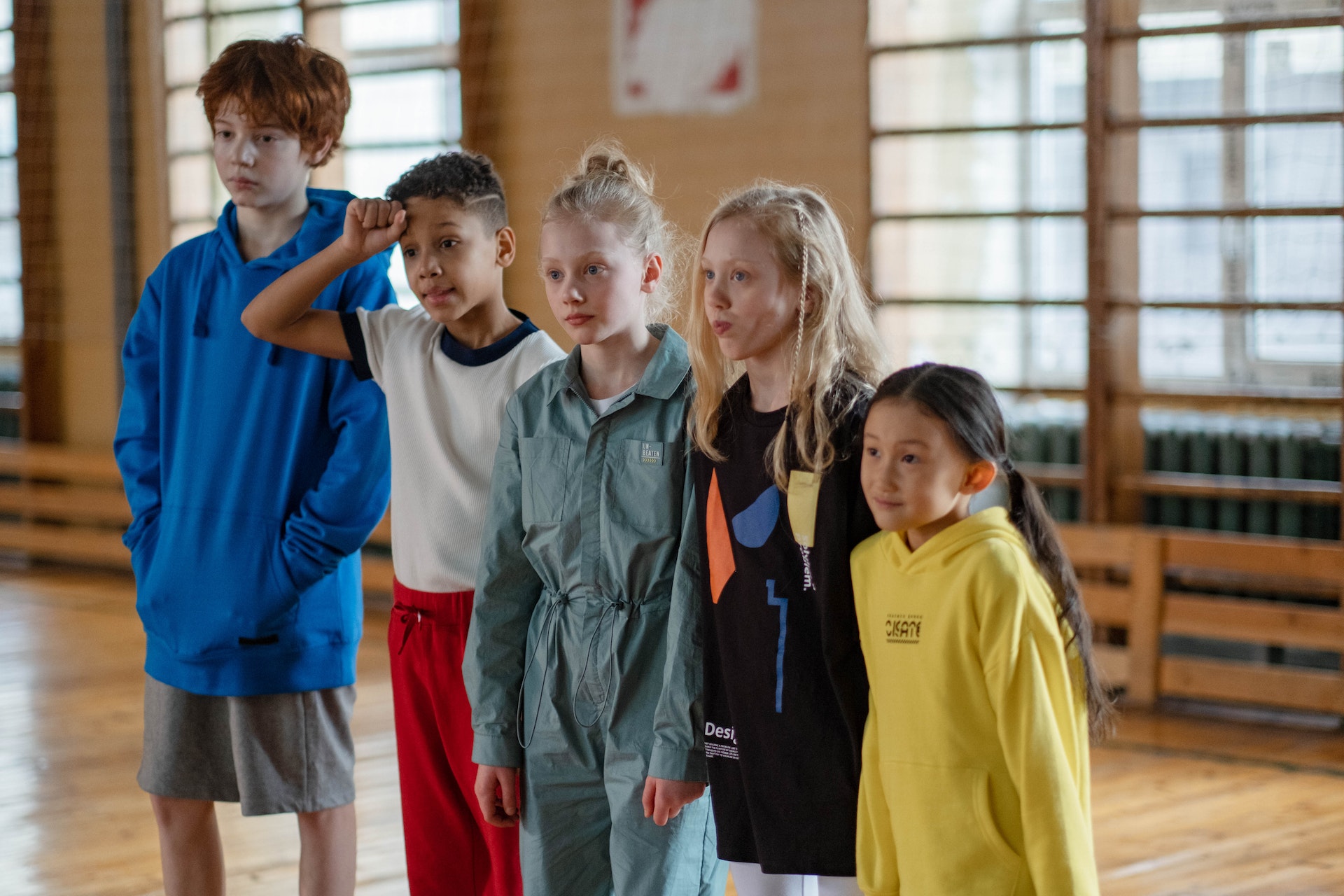By: Luisa Perez, Clinician
One morning, a student cautiously walked into the counseling office and motioned that she wanted to talk. Choked up by her tears, the student explained she felt she did not belong among her school peers as an Indian girl. I could hear her frustration as she expressed wanting to fit in with her classmates. With genuine curiosity, I asked the student about her Indian culture and traditions, how her family and community celebrate together, and what she loved about her culture. Throughout the session, the student’s countenance changed as she spoke of her cultural strengths. Becoming more aware of her unique experience, her supportive and loving community, she left the session seeming more confident.
As a clinician at South Plainfield Grant School, I had the opportunity to provide counseling services to 5th and 6th graders from diverse cultural backgrounds. While students presented with various mental health issues such as anxiety, mood disorders, and suicidal ideations, the more prevalent issues included peer related issues and low self-esteem. Working with this age group for the first time, I was struck by the importance of students building healthy peer relationships and a sense of self-worth. I often facilitated strengths-based therapeutic interventions to help boost self-esteem and improve thoughts of self. During my session with the young Indian girl, I recognized the positive effects of fostering an awareness of the client’s strengths in the context of her cultural identity which helped boost her confidence.
Julia Heyle (2023) notes, “not only does our cultural identity account for our sense of self and self-esteem but it may also provide a community of support”. It is important to consider and be open to conversations about cultural identity as this can impact the client’s mental health. Division 12 of the American Psychology Association (2021) also mentions the importance of incorporating cultural strengths in clinical practice at the onset of treatment and that cultural
experiences are different among individuals, so it is important to have a client-centered approach. Counselors can also continue to hold a safe space for students to talk about their unique cultural experiences and encourage students to attend cultural events in school and in the community. Finding media, books, music, film and art that celebrates and honors culture can also help strengthen their cultural identity, helping to improve self-esteem and confidence.
Resources:
Division 12 of the American Psychological Association. (2021, August 31). Harnessing cultural identity as a protective factor in minority mental health: Applications to children and families. Society of Clinical Psychology | Division 12 of the American Psychological Association. https://div12.org/harnessing-cultural-identity-as-a-protective-factor-in-minority-mental-health-applications-to-children-and-families/
Julia Childs Heyl, M. (2023, May 24). How embracing your cultural identity can help your mental health. Verywell Mind. https://www.verywellmind.com/how-embracing-your-cultural-identity-can-help-your-mental-health-7487052
Photo by cottonbro studio

